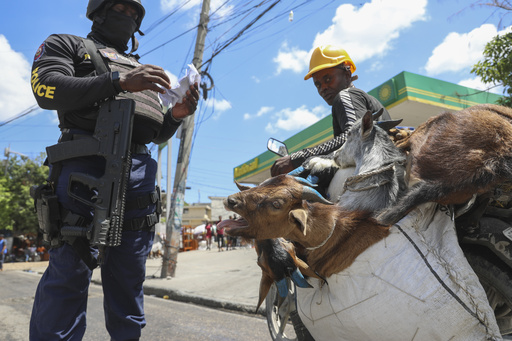The government of Haiti has established a provisional electoral council, a move that has been long awaited by the international community to prepare the Caribbean nation for its first general elections since 2016. The council, although initially composed of only seven members instead of the required nine, is set to have the additional members announced in the coming days. The diverse council includes representatives from various sectors such as farmers, journalists, human rights activists, and the Vodou community, with the responsibility of organizing the elections and establishing the necessary legal framework for the electoral process.
Haiti has been without a president since July 2021, and its last elections were held in 2016. The previous electoral council was dissolved by former Prime Minister Ariel Henry in September 2021, causing a delay in the scheduled November 2021 elections. Henry, who took office after the assassination of former President Jovenel Moïse, faced criticism for the delay, but he attributed it to escalating gang violence in the country.
Following a series of gang attacks on government infrastructure in Port-au-Prince, Henry resigned, leading to the formation of a transitional presidential council tasked with organizing presidential elections by February 2026. The political turmoil in Haiti intensified after Moïse’s assassination, leaving a significant power vacuum and the expiration of the terms of the remaining 10 senators in January 2023.
The newly established provisional electoral council confronts multiple challenges, including pervasive gang violence, which has resulted in the deaths of over 3,200 individuals from January to May. Gang conflicts have also displaced more than half a million people in recent years, forcing many Haitians to abandon their homes along with crucial documents such as identification cards required for voting.
Efforts are being made by the government to issue new IDs to those affected, but a significant number of Haitians still lack proper identification. In collaboration with a U.N.-backed mission, approximately 400 Kenyan police officers were deployed to Haiti earlier this year to help curb gang violence. Furthermore, additional personnel from countries like Jamaica, the Bahamas, Chad, Benin, and Bangladesh are expected to join the mission to restore stability in Haiti.


